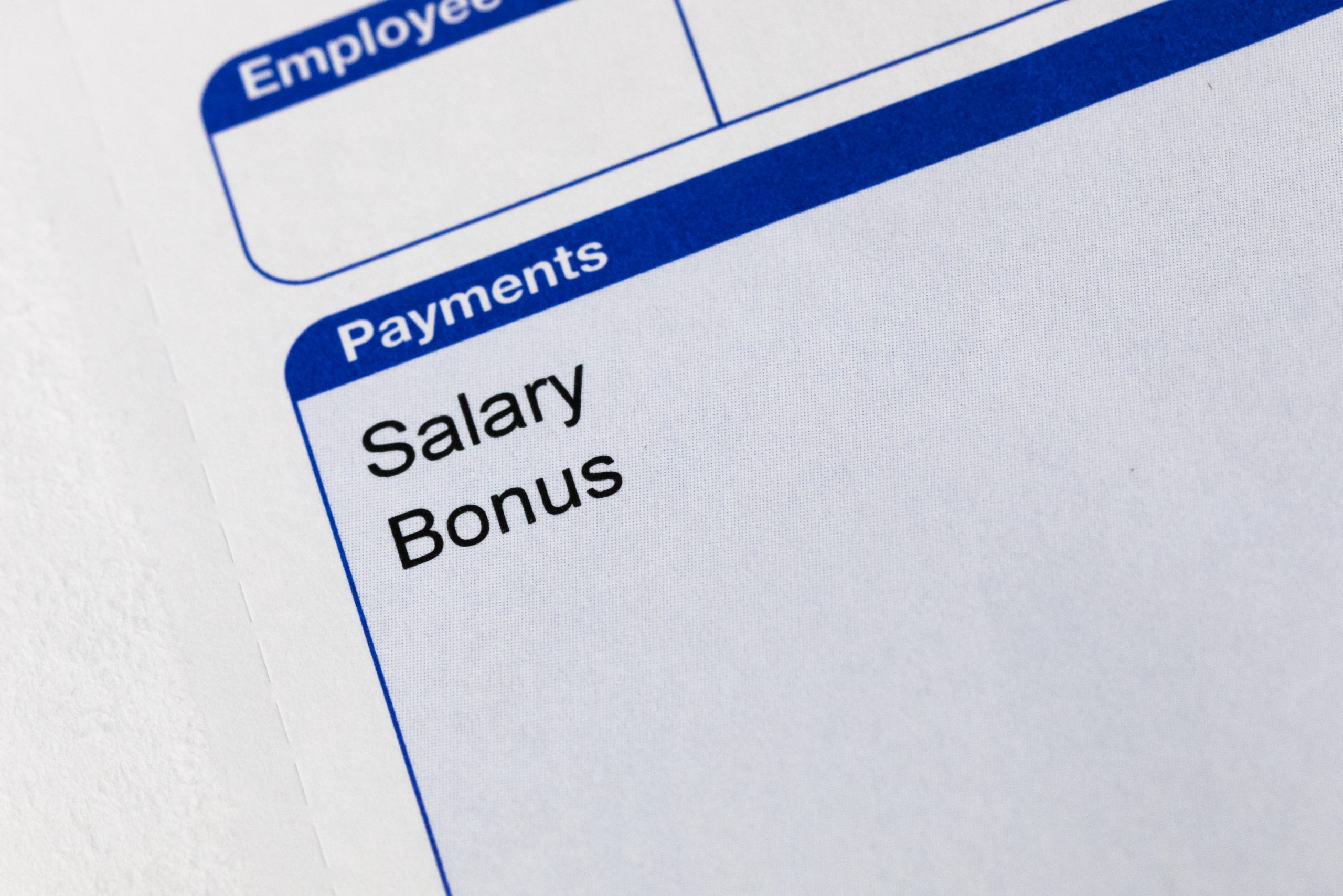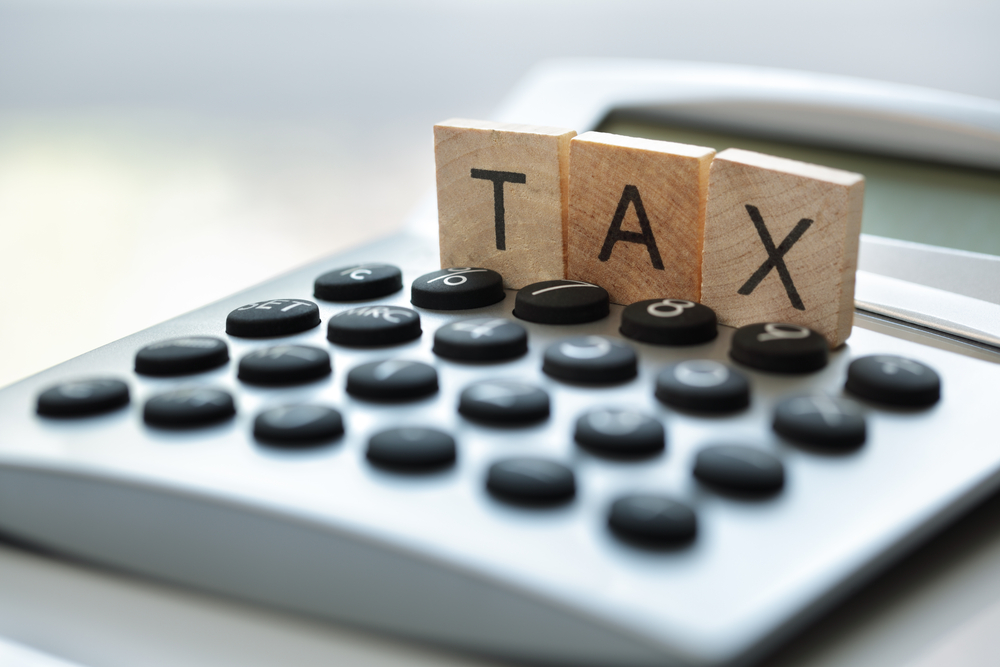Almost two-thirds (62%) of Brits are unaware that their pensions will not count towards their inheritance tax threshold when they die.
This is because pensions sit outside of your estate, which many savers have looked to reduce in size.
Over a third (39%) of the 1,000 PensionBee respondents did know about that detail, and of those 51% plan to shift money into their pension to make their estate smaller, therefore reducing the chance of a hefty inheritance tax charge.
The cohort least likely to move money to move money to reduce their estate size were aged over 55 – the age you can make your first pension withdrawal.
Workers aged between 18 and 54 were more likely to shift their savings (57%) than those approaching retirement age.
Younger savers open to cuts, older savers want inheritance tax abolished
The popularity of inheritance is split among young and older savers, too. Some experts believe the tax could be sliced in next week’s Budget, but a third of over-55s want the tax ditched completely, while only 15% of savers aged under 34 agreed.
Inheritance tax is charged on the value of an estate above £325,000 (the nil-rate band) at a rate of 40%.
A third of younger savers prefer the idea of exemptions or reduced rates for people with family homes or small businesses.
Earlier this year, HMRC announced the amount paid in inheritance tax reached £5.7bn in the UK between April to December – £400m than the year before.
Risk of not knowing about pension detail could lead to beneficiaries missing out
Becky O’Connor, director of public affairs at PensionBee, said: “One of the benefits of saving into a pension rather than some other investment products or assets is that money held in a pension is usually free from inheritance tax because it is considered outside of someone’s estate.
“Our research suggests the majority of people don’t know about this benefit. The risk of someone not knowing is that estate beneficiaries could ultimately miss out or pay more tax than necessary on someone’s life savings and investments.”
O’Connor added: “It’s important to understand pensions and the way they are taxed for successful long-term financial planning. Inheritance tax planning is one area where pensions may be being underused.”
The pension provider laid out tips and considerations when deciding what to do with your savings.
Three inheritance tax tips:
- Consider pension drawdown – If you have multiple sources of retirement income or other assets, it may be sensible to consider using pension drawdown. Pension drawdown allows you to keep your pension invested while taking withdrawals as needed, potentially reducing the size of your estate subject to inheritance tax.
- Set up pension beneficiaries – By naming beneficiaries directly to your pension provider, you can easily pass on your pension savings after you die. The exact amount you can pass on tax-free to your beneficiaries after you pass away depends on your age and whether you have started accessing your pension. If you pass away before age 75, then beneficiaries would also benefit from not paying income tax on withdrawals from your pension. Make sure to keep your ‘nomination of beneficiaries’ form up to date.
- Review financial planning regularly – Personal circumstances and financial situations can change over time, so it’s essential to review your pension arrangements and estate planning regularly. This ensures that your plan remains aligned with current goals and objectives and ensures maximum benefit from pensions exemption from inheritance.
What is gifting and what can my partner have?
- There’s a main residence nil-rate band that allows people to leave their homes to family tax-free. Under the rules, those passing their home to a direct descendant can benefit from £175,000 in tax-free allowance (2023/24). Married spouses and civil partners may be able to apply any unused allowance of their deceased partner, meaning that they can pass on as much as £1,000,000 as a couple.
- Individuals can gift up to a certain amount each tax year without incurring inheritance tax. This is known as the annual exemption (£3,000 per individual), and it can be carried forward for one year if unused. There are also exemptions for certain types of gifts, such as wedding gifts or gifts to help with living costs.
- Estate planning can help minimise the impact of inheritance tax on beneficiaries. This may include making gifts during their lifetime, setting up trusts, or making use of exemptions and reliefs.





